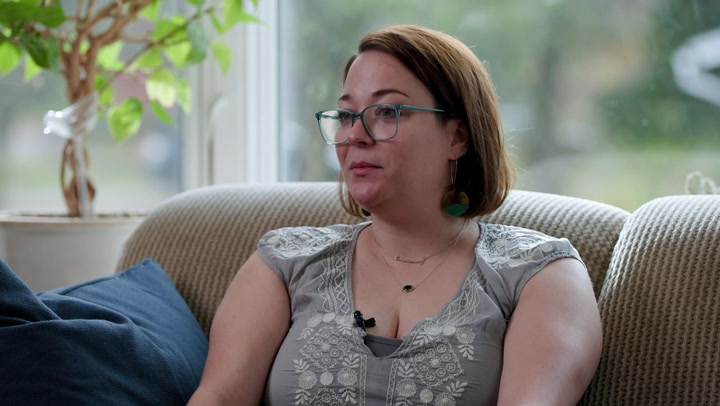Welcome
to the Tompkins County Climate Protection Initiative
Common Council Moves Justice50 Forward
Modeled after Federal Justice40 Program
In a unanimous vote at their April 17 meeting, the Ithaca Common Council approved sending the Justice50 policy to guide city budgeting to its May 1 meeting for a final vote.
Ithaca’s Justice50 initiative, modeled after the federal Justice40 program, aims to allocate at least 50% of funding for Green New Deal programs and capital projects to benefit designated "climate justice communities." Climate justice communities are neighborhoods identified through census data as facing economic hardship or environmental inequities.
The Common Council approved a resolution establishing a definition for a “climate Justice community” in 2022 but has not yet established guidelines to determine how Justice50 funds will be allocated.

Justice50 establishes minimum spending floors of 50% for Green New Deal programs and capital budgets. It also sets workforce training and development goals aimed at underserved groups to achieve 40% representation of individuals from climate justice communities. Approving Justice50 also codifies the city's commitment to directing budget resources to address inequality. City staff will now use the Justice50 criteria to evaluate budget requests and report on spending distributions, and departments can submit new types of projects with climate justice benefits in mind.
Sustainability Director Rebecca Evans has said that determining the exact number of Ithaca’s population considered to be a climate justice community is complicated due to census data limitations. However, she proposed conducting additional household surveys drawing on Green Hydrogen Project funds to better identify climate justice areas.
Evans said that the $50,000 being allocated to a census survey as a result of the recently approved Green Hydrogen project will “actually be used to collect household-by-household data so that we could map [climate Justice communities] more granularly.”
The vote would also allocate 10% of capital budgets to participatory budgeting, where community members directly propose and vote on spending.
Evans said the goal is to ensure that the City is balancing its investments across all of its communities. “We don’t want to see new roads, bridges, and infrastructure in some of the wealthier neighborhoods and not see any in lower-income neighborhoods or bipoc nighborhoods,” Evans said.
- Matt Dougherty, Ithaca Times, 4/24/24
In a unanimous vote at their April 17 meeting, the Ithaca Common Council approved sending the Justice50 policy to guide city budgeting to its May 1 meeting for a final vote.
Ithaca’s Justice50 initiative, modeled after the federal Justice40 program, aims to allocate at least 50% of funding for Green New Deal programs and capital projects to benefit designated "climate justice communities." Climate justice communities are neighborhoods identified through census data as facing economic hardship or environmental inequities.
The Common Council approved a resolution establishing a definition for a “climate Justice community” in 2022 but has not yet established guidelines to determine how Justice50 funds will be allocated.

Justice50 establishes minimum spending floors of 50% for Green New Deal programs and capital budgets. It also sets workforce training and development goals aimed at underserved groups to achieve 40% representation of individuals from climate justice communities. Approving Justice50 also codifies the city's commitment to directing budget resources to address inequality. City staff will now use the Justice50 criteria to evaluate budget requests and report on spending distributions, and departments can submit new types of projects with climate justice benefits in mind.
Sustainability Director Rebecca Evans has said that determining the exact number of Ithaca’s population considered to be a climate justice community is complicated due to census data limitations. However, she proposed conducting additional household surveys drawing on Green Hydrogen Project funds to better identify climate justice areas.
Evans said that the $50,000 being allocated to a census survey as a result of the recently approved Green Hydrogen project will “actually be used to collect household-by-household data so that we could map [climate Justice communities] more granularly.”
The vote would also allocate 10% of capital budgets to participatory budgeting, where community members directly propose and vote on spending.
Evans said the goal is to ensure that the City is balancing its investments across all of its communities. “We don’t want to see new roads, bridges, and infrastructure in some of the wealthier neighborhoods and not see any in lower-income neighborhoods or bipoc nighborhoods,” Evans said.
- Matt Dougherty, Ithaca Times, 4/24/24
309 North Aurora Street | Ithaca, NY 14850 | info@tccpi.org